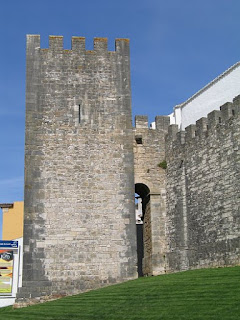PREPARACIÓN. SISTEMA EDUCATIVO PORTUGUÉS

The Portuguese education system is very centralized in terms of organization and funding. However, pre-school and basic and secondary education schools have some autonomy, namely at pedagogical level, as well as with regard to timetables and non-teaching staff management. Higher education institutions enjoy a high level of autonomy. Compulsory education lasts for 12 years, starting at 6 and ending at 18 years of age or with the conclusion of upper secondary education (ISCED 3). Public education is free and universal. There is a single professional career for teachers of all non-higher education levels, which requires candidates to have a second cycle degree (ISCED 7 – Master’s). In the Autonomous Regions of the Azores and Madeira, the regional governments, via the respective Regional Secretariats for Education, are responsible for defining the national education policy in terms of a regional plan and managing human, material and financial resources. State-run schools are free...
